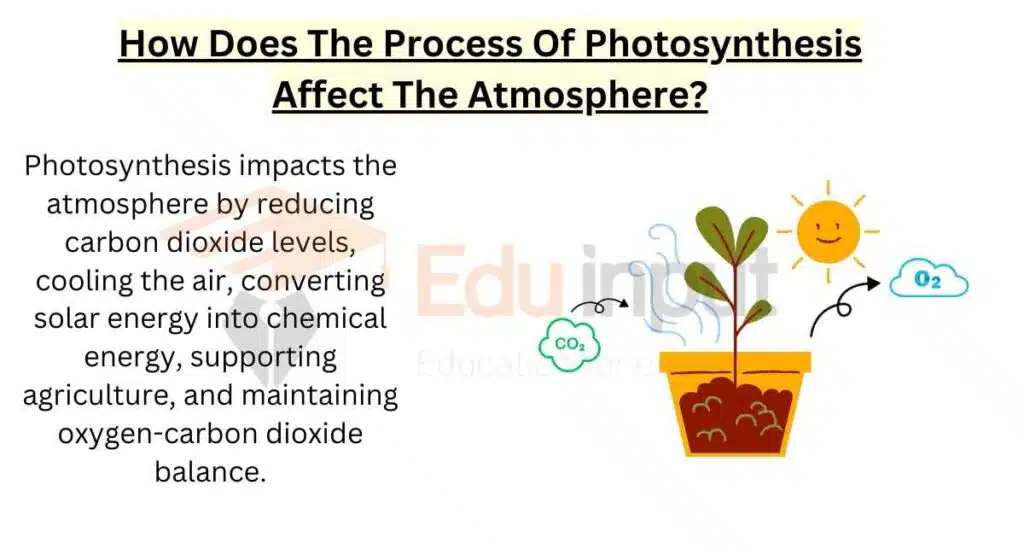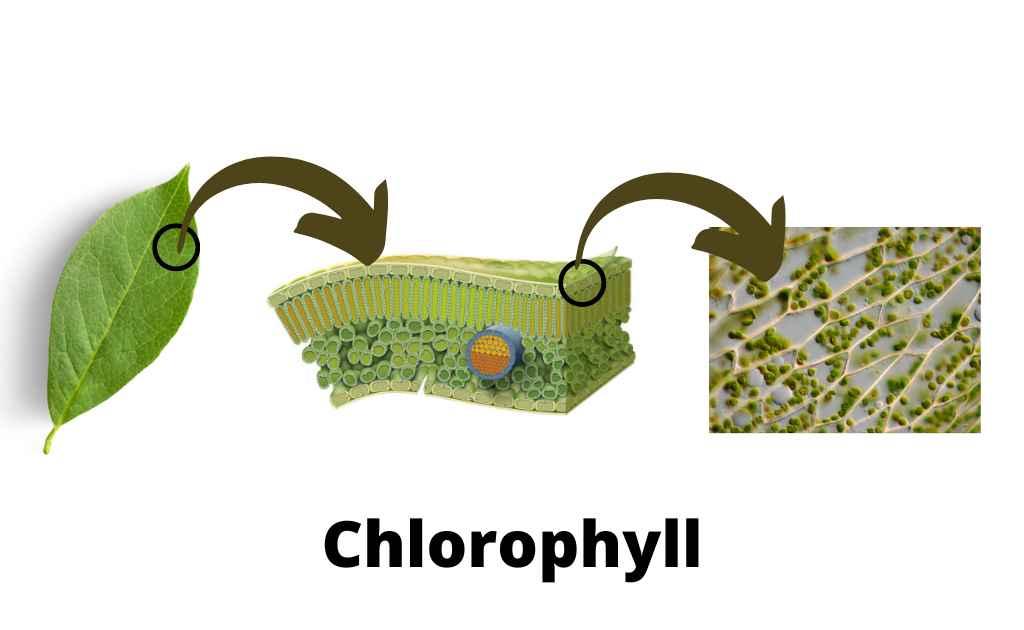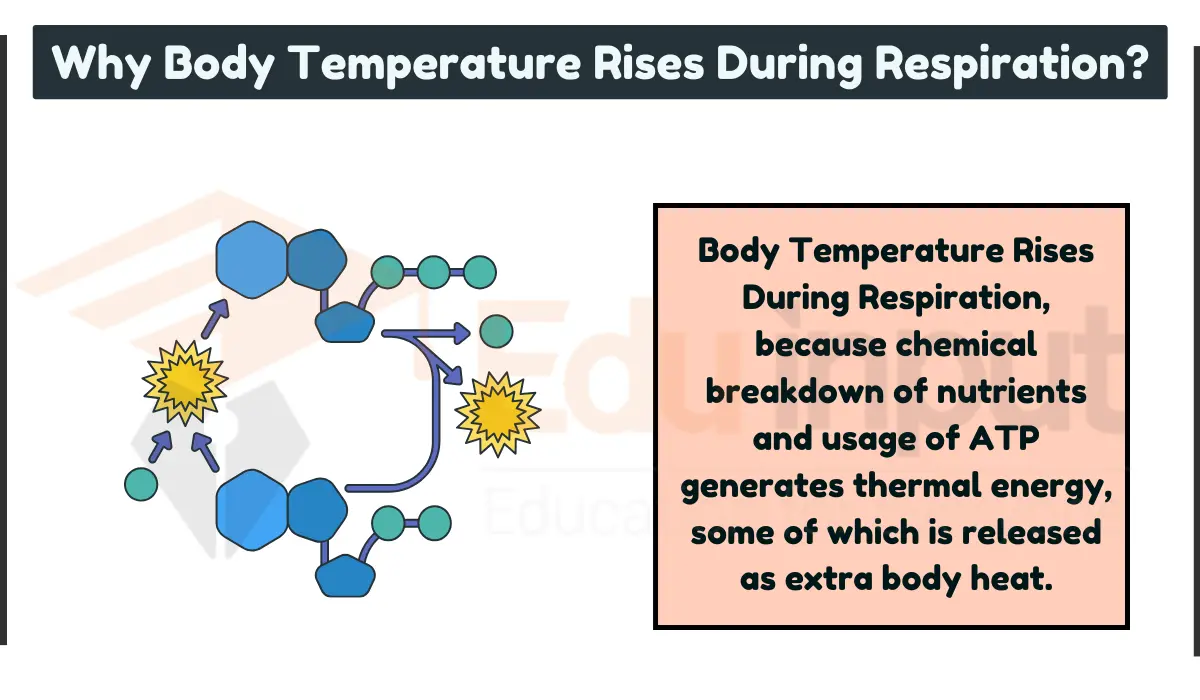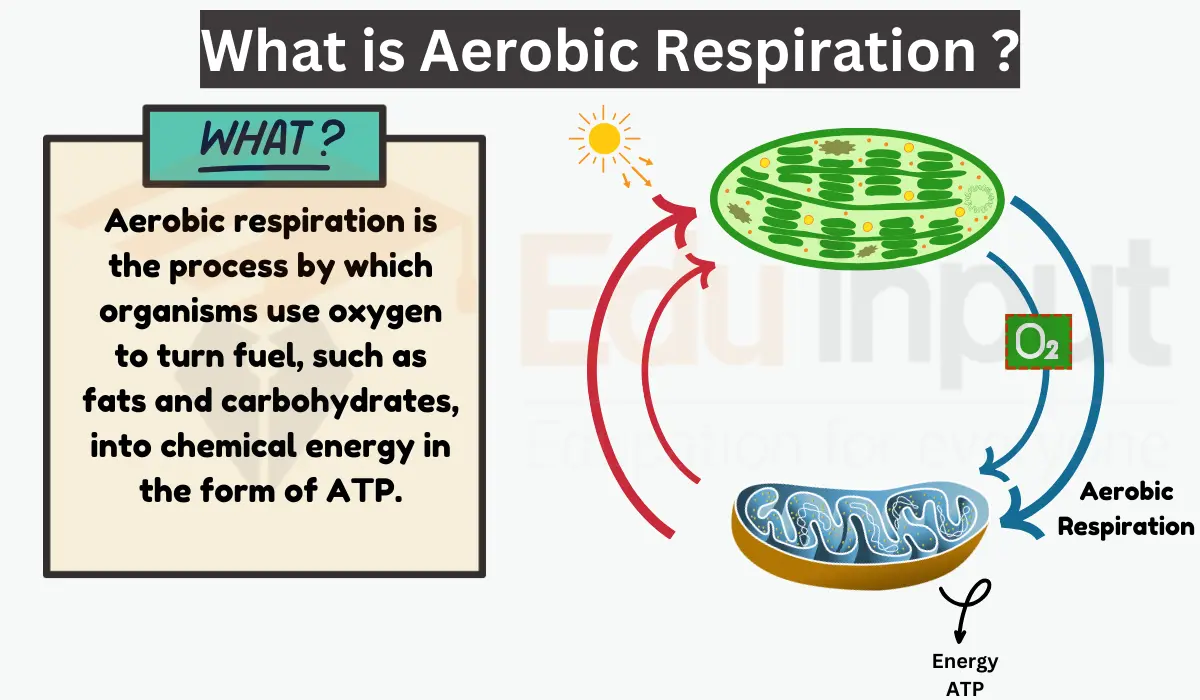How Does The Process Of Photosynthesis Affect The Atmosphere?
The process of photosynthesis affects the atmosphere by reducing carbon dioxide levels, cooling the air through water vapor release, converting solar energy into chemical energy, supporting agricultural productivity, and maintaining a balanced level of oxygen and carbon dioxide in the ecosystem.

Effects of Photosynthesis in Atmosphere
Photosynthesis, the process that plants use to make food, has a big impact on the air we breathe. During photosynthesis, plants take in carbon dioxide from the air and turn it into sugar, while also releasing oxygen. This process helps keep the air clean and gives us the oxygen we need to live.
Photosynthesis is also important for earth’s climate. It helps reduce the amount of carbon dioxide, a greenhouse gas that contributes to global warming. By taking in carbon dioxide, plants help to cool down the Earth and balance the temperature.
Additionally, photosynthesis contributes to the creation of ozone, a protective layer in the atmosphere that shields us from harmful ultraviolet radiation from the sun.
Negative Effects Of Photosynthesis In Atmosphere
During photosynthesis, plants can produce harmful reactive oxygen and carbonyl species. However, over longer periods, plants store carbon dioxide, acting as a negative feedback by reducing its levels in the atmosphere. This helps regulate greenhouse gases and mitigate global warming.







Leave a Reply